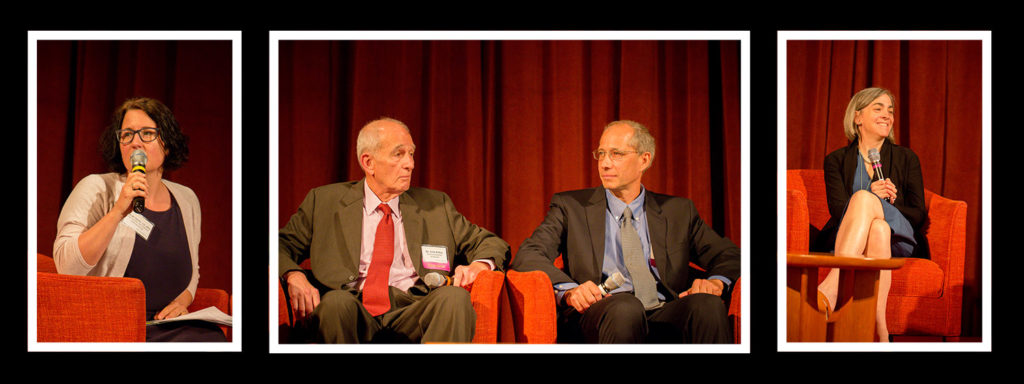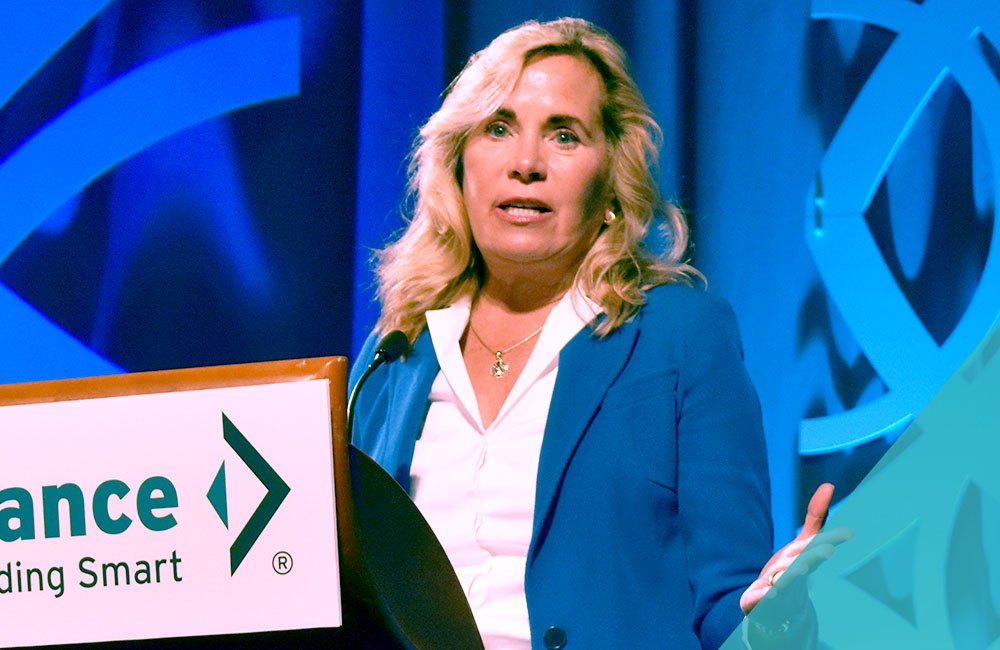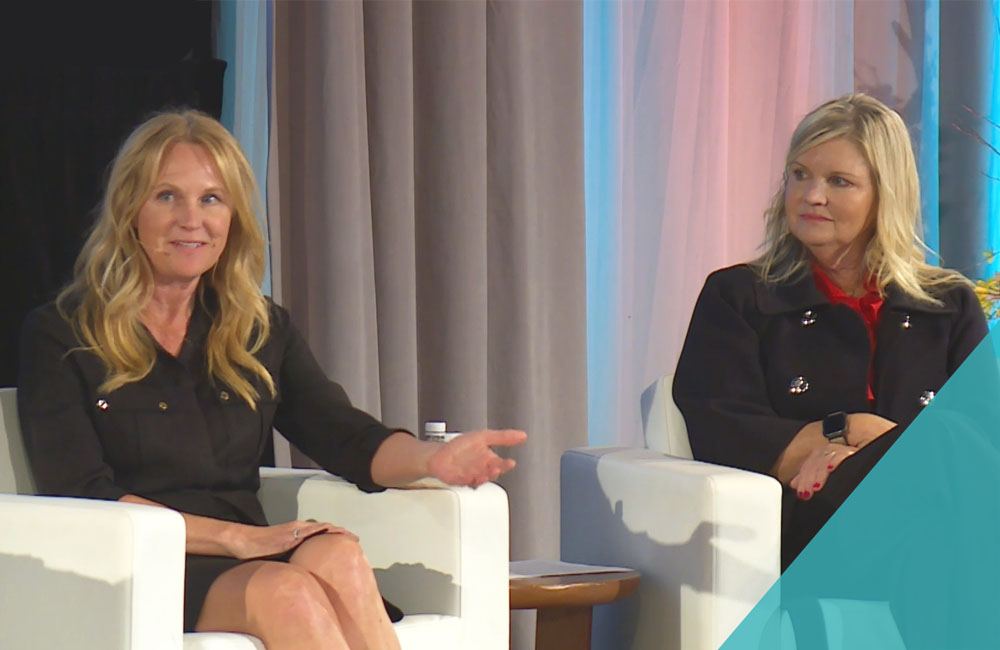
Shared Decision Making Is a Conversation for Everyone
Cheryl DeMars, President and CEO of The Alliance, moderated the panel discussion on “The Shared Decision Making Experience.” A panel of experts tackled those topics and more when 200 employers, agents and health care industry professionals gathered in Madison, Wis. on May 16 for The Alliance’s Annual Seminar.
DeMars was joined by a panel of four health care industry experts:
- Sarah Davis (Associate Director and Clinical Associate Professor of Law at The Center for Patient Partnerships)
- Erik Rifkin, Ph.D. (Environmental Scientist and Author)
- Andrew Lazris, MD (Physician and Author)
- Catherine DesRoches, Dr.PH. (Executive Director of OpenNotes®)
How can employers use benefit plan design and workplace wellness programs to encourage appropriate use of medical services and shared decision making?
Lazris: When people come in [to the doctor’s office] informed, it makes my job a lot easier. We can have a shared decision making discussion right from the start.
Rifkin: It’s difficult to change the status quo. People should understand what shared decision making is. People should try it. Employers should take a lead in empowering their employees.
Davis: Join together [as Alliance members] and decide how you will change the status quo. That’s a huge way to educate. Explain to your employees why you’re doing what you’re doing.
Are there evaluation tools that employers could promote that indicate a patient’s level of risk tolerance? Or other self-evaluation tools to consider for health care shared decision making?
Davis and Lazris both recommended the use of Choosing Wisely® materials.
[learn_more caption=”5 Questions You Should Ask Your Doctor” state=”open”]
Free, wallet-sized cards are available for your workforce. Contact Member Services. Looking for shared decision making resources?
- Go to www.the-alliance.org.
- Click on “Individuals & Families”
[/learn_more]
How are doctors moving toward shared decision making with their patients?
Lazris: For a doctor, “doing something” could be just having a discussion (with a patient.) As doctors we feel a need to jump right in and fix things. That’s why when employers introduce shared decision making prior to an appointment, they are empowering their employees to be ready for a shared conversation.
How can employers use payment redesign to promote shared decision making?
Lazris: As a primary care physician, my idea of payment redesign would be to enable a patient to have their doctor as their ally. Some health systems incentivize doctors to send their patients to one specialist over another. Why not for shared decision making?
DesRoches: As long as we continue to pay on a volume basis only, we’re not going to get to that kind of a place [where we talk about quality of life.]
Davis: Another resource is to have value-based conversations about advance directives. Talk about a living will and power of attorney at the kitchen table with all of your family members. Start having real and honest conversations about what’s most important [to you.]
What advice do you have for consumers?
DesRoches: I encourage employers to include information in their employee benefits materials that show which providers participate in OpenNotes. And include information on how employees can ask for their notes, even if their provider is not currently on OpenNotes.
Davis: Ask your provider for your notes in a manner that promotes shared decision making. “You’ve given me a lot of good ideas to think about. I need to make sure that I am doing my part. It would be helpful for me to have a copy of my notes, so I can share them with my family.” This way you are continuing the dialogue of shared decision making.
Lazris: About a quarter of Medicare’s budget is spent on end-of-life issues. That is why it is important to have discussions about quality of life, beforehand. Patients who are empowered can change the entire system.
Rifkin: There’s no clear-cut answer in medicine. It’s all about risks.








